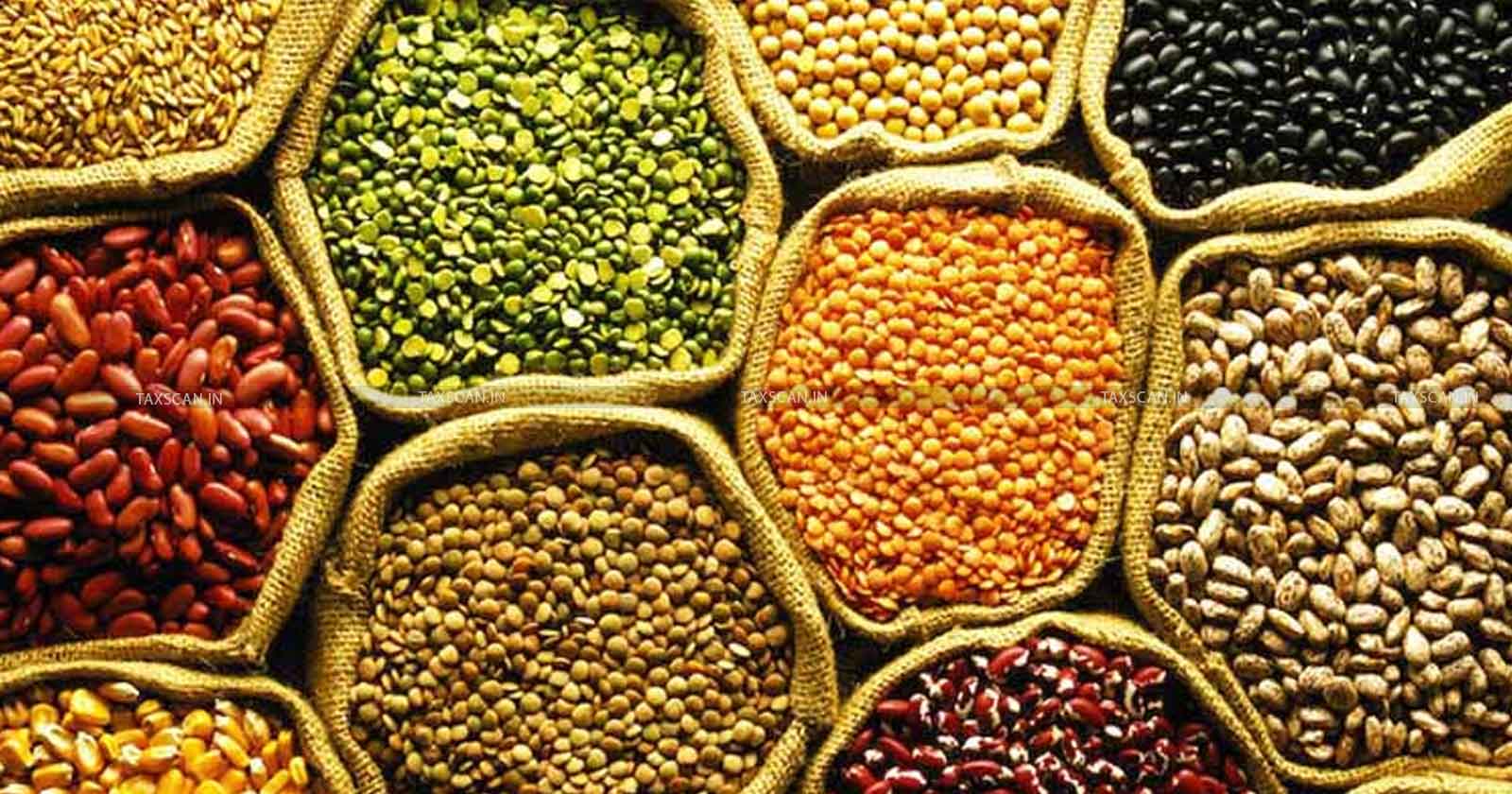Processed Pulses attract GST at 18%: AAR
Processed Pulses attract Goods and Services Tax at 18%, rules Andhra Pradesh Authority for Advance Ruling

The Andhra Pradesh Authority for Advance Ruling ( AAR ) has mandated an 18% Goods and Services Tax ( GST ) on processed pulses resulting from the dehusking and splitting of grains. This ruling distinguishes these processed pulses from whole pulse grains and categorizes them as non-agricultural produce.
Additionally, the AAR has determined that an 18% GST applies to brokerage charges on transactions involving agricultural produce. This decision comes in response to a case involving Gayatri Enterprises, a broker in Andhra Pradesh specializing in products such as urad dal, moong dal, toor, jowar, and karamani. The company invoices parties solely for the brokerage amount, with no mention of its name in sale or purchase invoices.
Despite resistance from parties nationwide claiming GST inapplicability to agricultural produce and brokerage, Gayatri Enterprises sought AAR guidance on whether its activities, specifically de-husking and splitting of pulses, attract GST.
The AAR clarified that the dehusking or splitting of pulses is typically performed by pulse millers, not farmers or at farms. Consequently, processed pulses, whether dehusked or split, do not qualify as agricultural produce and are not exempt from GST.
The AAR further categorized the company's role as a broker in pulses as that of a commission agent. Regardless of whether the goods involved are exempt or taxable under the GST regime, the AAR ruled that the company is obligated to pay an 18% GST, the applicable rate for commission agents.
Support our journalism by subscribing to Taxscan premium. Follow us on Telegram for quick updates


